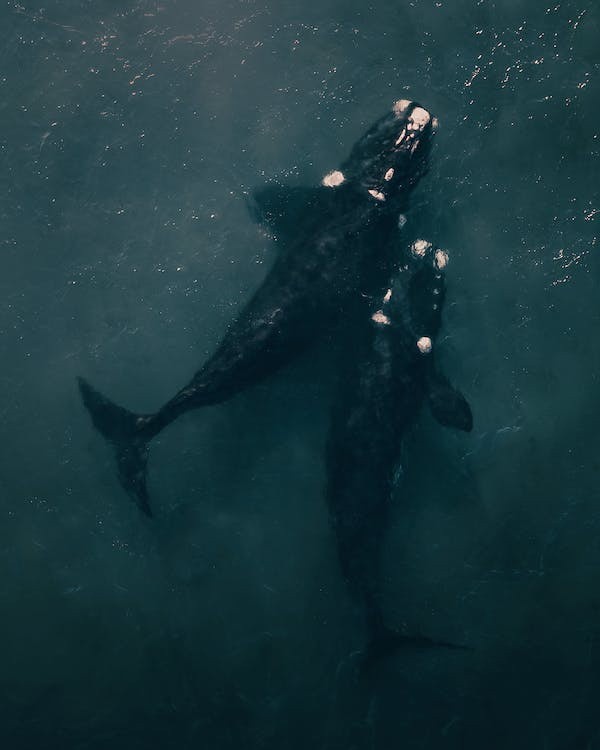
Over 50 pilot whales died as a result of mass strandings on a remote Scottish island, marine rescuers reported.
The Guardian reported that marine rescuers were sent to Traigh Mhor in North Tolsta on the Isle of Lewis around 7 a.m. on Sunday after receiving reports of distressed whales.
The rescuers found that 15 out of 55 whales, consisting of adults and calves, were still alive when they arrived.
The British Divers Marine Life Rescue charity attempted to refloat some of the surviving whales. One of them was able to escape, but three others died in the process.
By late in the afternoon, veterinarians determined that the severe waves and shallow beach were too dangerous to refloat the whales, leading to their deaths.
The charity said the rescue operations were "incredibly complex" due to the poor signal.
"The signal was extremely poor in such a remote area with our Medics often having to drive 1-5 miles to get service to communicate with Rescue Coordinators at Head Office," the charity said in a statement posted on Instagram.
Strong social bond
The cause of the stranding is still unknown; however, experts suspected that the pod followed one of the females giving birth.
The marine charity then said one of the dead whales appeared to have "a vaginal prolapse".
"Pilot whales are notorious for their strong social bonds, so often when one whale gets into difficulty and strands, the rest follow," the organization added.
The Scottish Marine Animal Stranding Scheme is expected to conduct necropsies to ascertain the cause of the mass stranding, according to CBS News.
The public was advised to avoid the area so as not to interrupt the necropsy process.
The organization said the beaching of whales on Sunday is considered to be the deadliest mass stranding in Scotland in decades.
The group has responded to a number of pilot whale strandings in Scotland between 2011 and 2015, including one involving a pod of more than 70 pilot whales.
What is mass stranding?
Stranding refers to an aquatic animal discovered in an inconvenient position, such as an offshore species discovered inshore. Most often, animals that have become stranded are found on beaches or in shallow water.
About 1,000 cetaceans and 2,500 pinnipeds strand annually along the United States coast alone, according to the Discovery of Sound in the Sea.
Mass stranding occurs when three or more animals strand together at the same time and place. Pilot whales are the most common species for mass stranding.
Last year, about 500 pilot whales died in two stranding events in New Zealand, while in Australia, at least 380 whales died in mass strandings in 2020.
Identified causes of strandings include disease, parasites, infestation, ship strikes, pollution exposure, starvation, extreme weather conditions, and tidal changes. However, experts find it difficult to determine the exact cause of marine animal strandings or deaths.
Only about half of all stranding events have a cause of death that can be determined.
Related Article : Faroe Islands Hunting Season Commence with 60 Pilot Whales Slaughter
Related Video:
© 2025 NatureWorldNews.com All rights reserved. Do not reproduce without permission.





